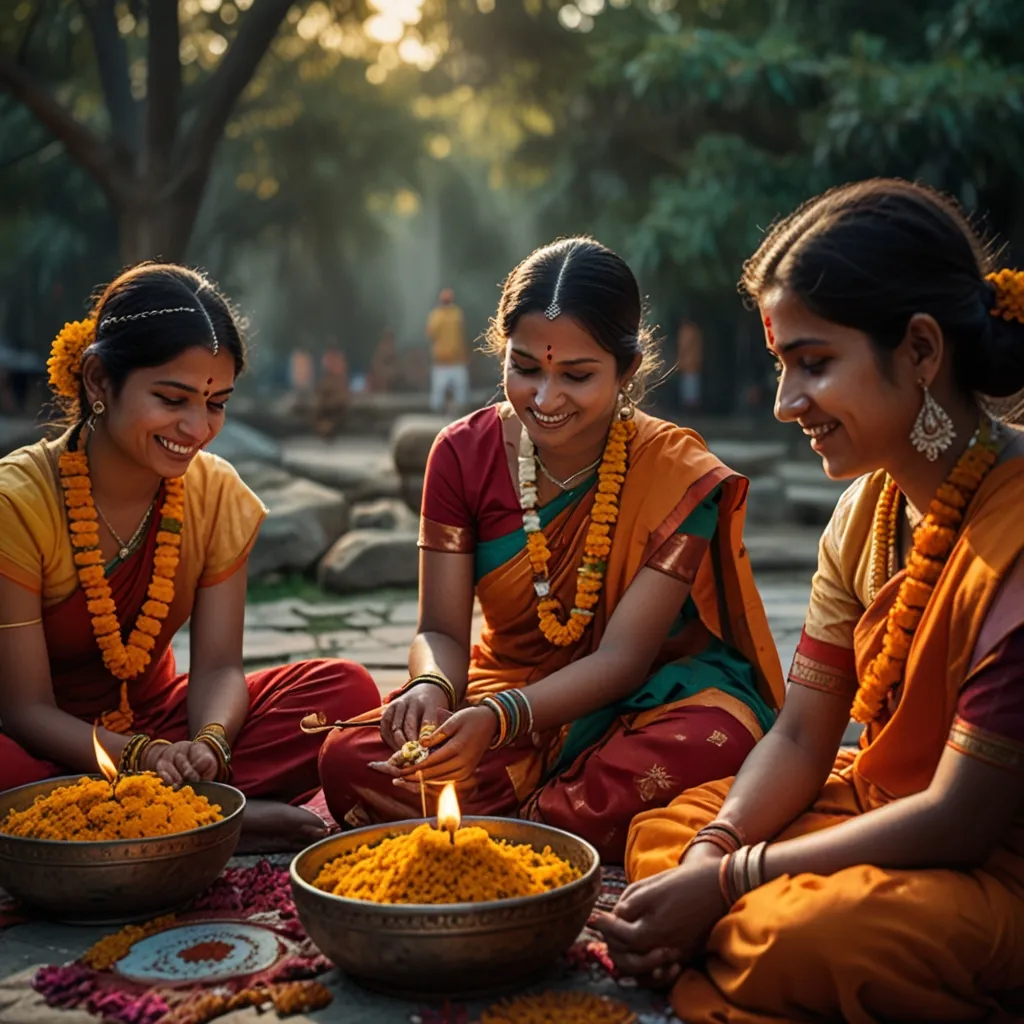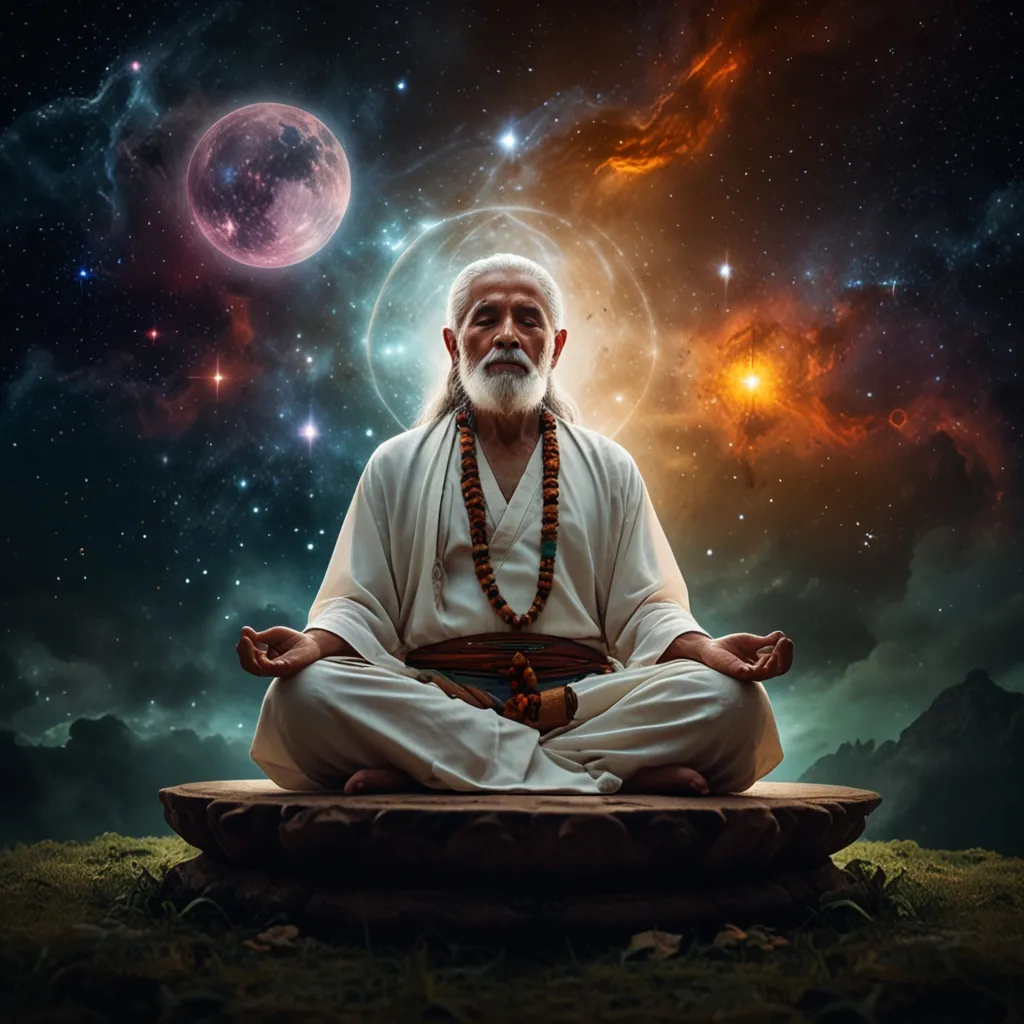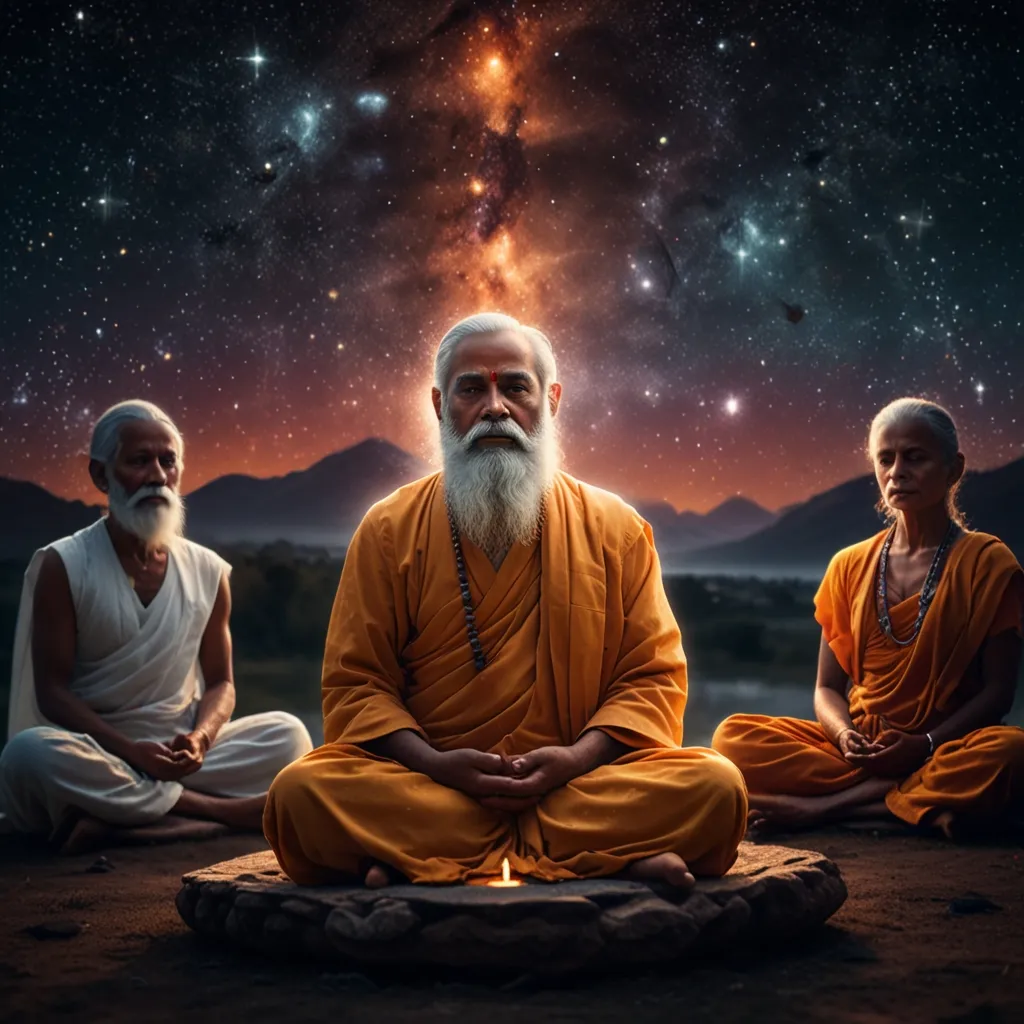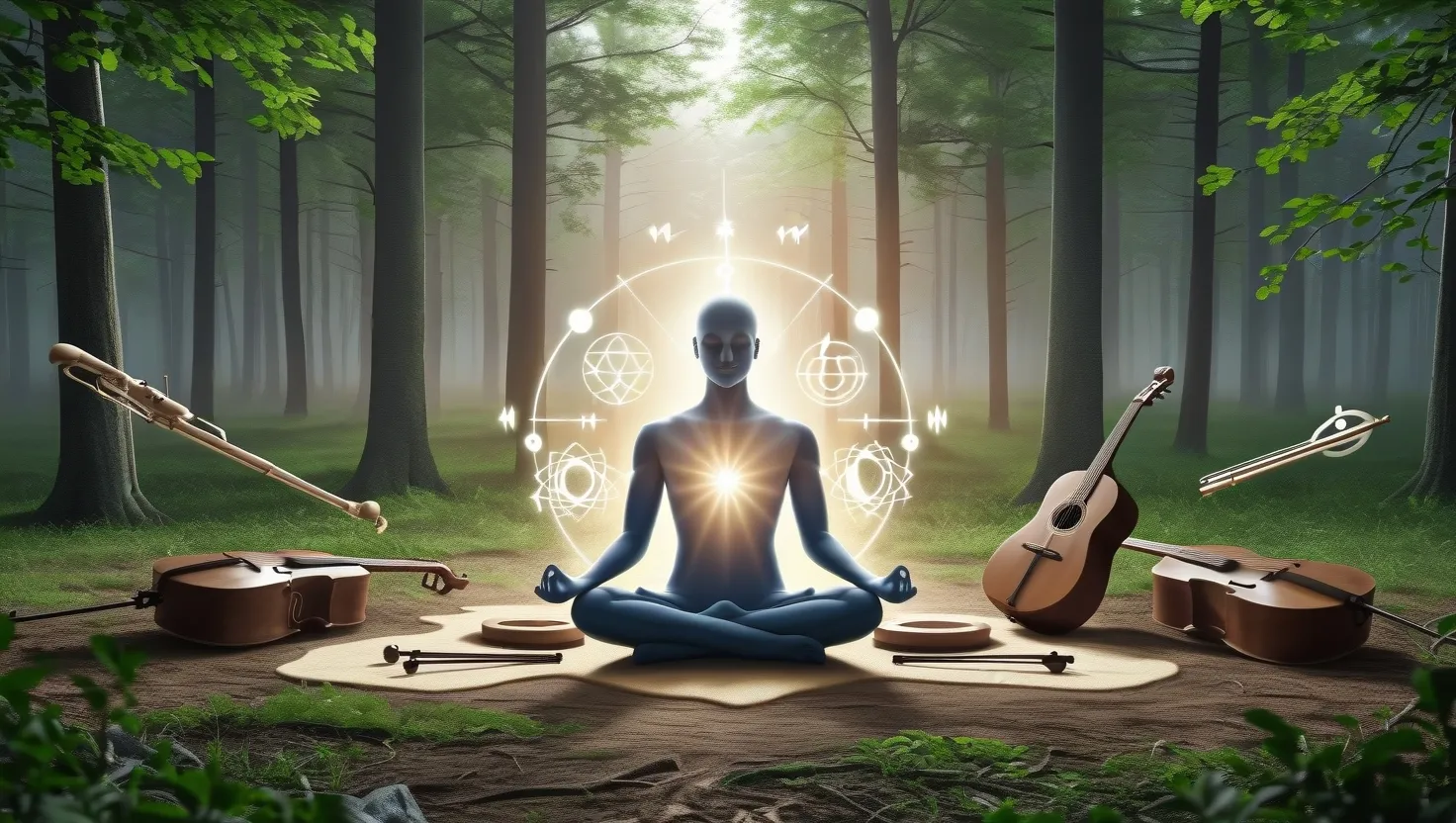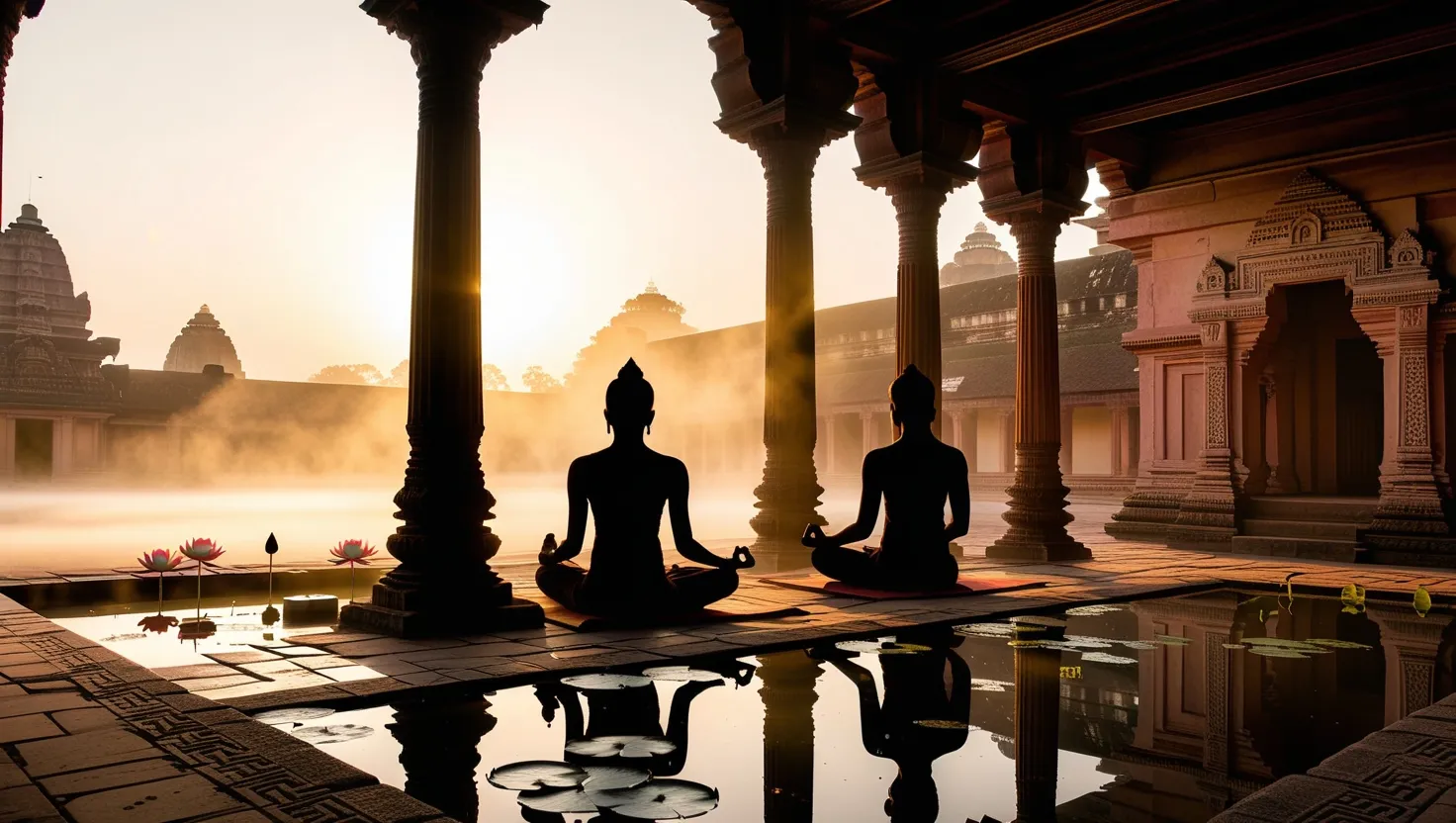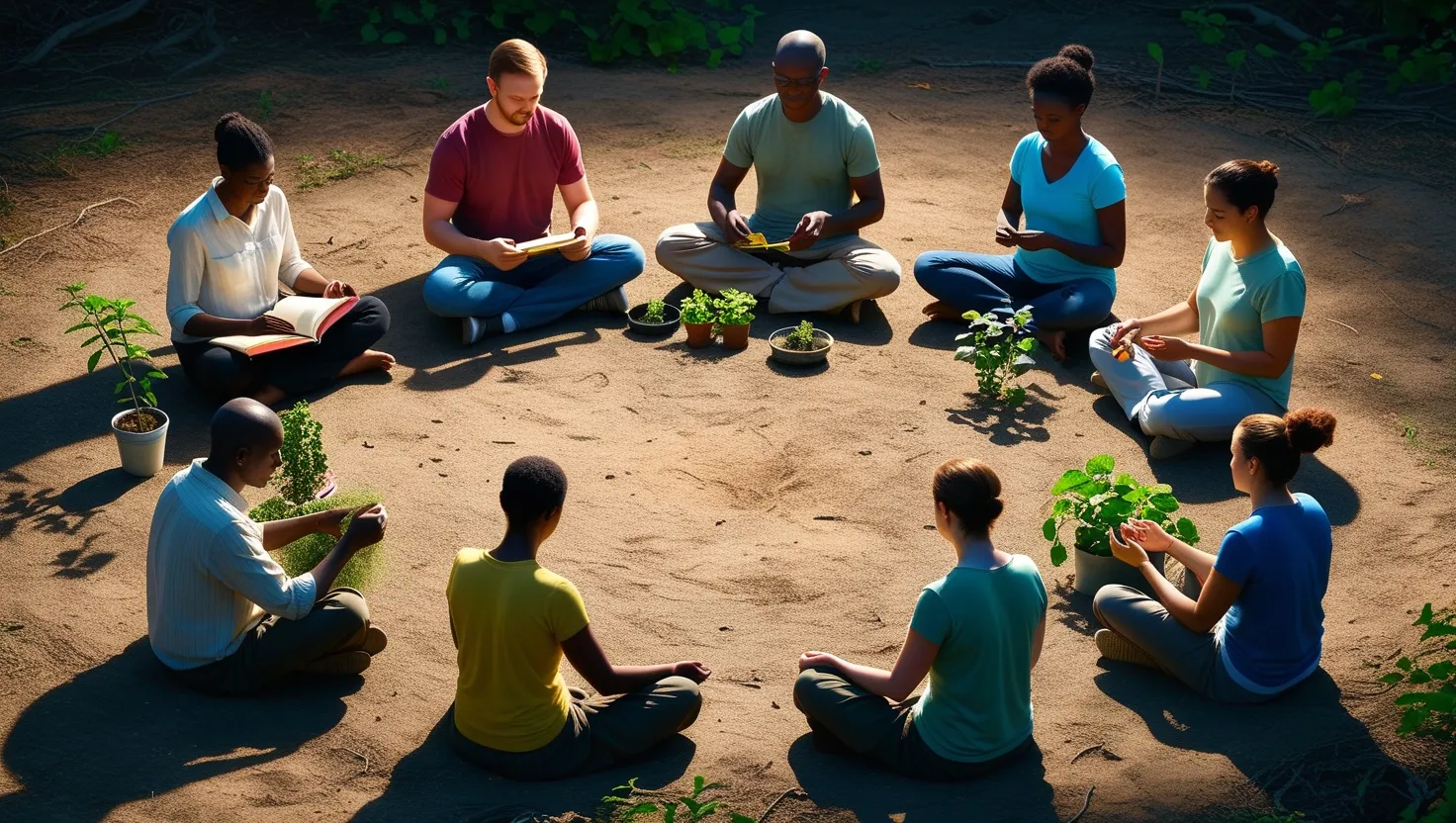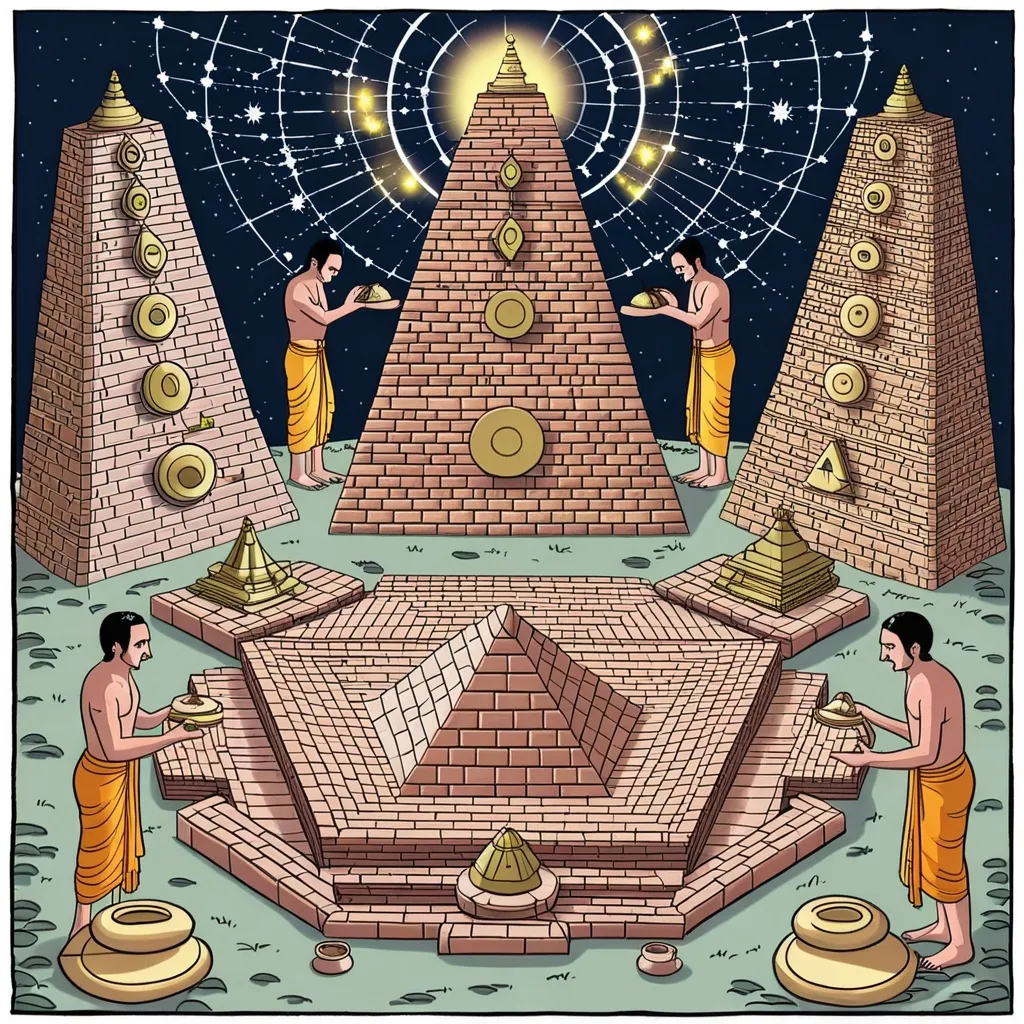In the colorful world of Hinduism, the idea of ritual purity is incredibly important, especially when thinking about modern Hindu festivals. These festivals are a unique mix of religious ceremonies, eye-catching spectacles, and traditional activities, all deeply rooted in ancient Vedic traditions. These traditions place a strong emphasis on purity, as described in the Vedas. This emphasis on purity impacts how Hindus celebrate their festivals today, making these events not only fun and joyful but also spiritually meaningful.
The Vedas are the oldest and most respected scriptures in Hinduism. They are the foundation of Hindu philosophical, religious, and cultural traditions. The Vedas highlight cleanliness and ritual purity as necessary steps for engaging in spiritual practices and rituals. This focus isn’t just about being physically clean but also mentally and spiritually pure. For example, the Rigveda, the oldest of the four Vedas, talks about purification using fire and water, showing the powerful purifying abilities of natural elements.
Hindu festivals, like Holi and Diwali, aren’t just times for celebration but also for purification and renewal. Take Holi, for instance. It’s about celebrating the victory of good over evil and includes rituals that represent the purification of both people and society. The bonfires lit during Holi are meant to burn away the year’s impurities and evils, giving everyone a fresh start.
Diwali is another big festival. It features worship, decorative lights, and fireworks. These activities aren’t just about having a good time; they have deeper meanings. Lighting lamps and bursting fireworks symbolize the victory of light over darkness and good over evil. This reflects the Vedic theme of purification and maintaining cosmic order.
Ritual purification plays a key role in Hindu festivals. Before joining in these celebrations, Hindus often perform various purification rituals. Bathing in holy rivers like the Ganges is considered very special and is often done before important festivals to stay ritually pure.
One important purification ritual is the Punyahavachanam, which is performed to purify oneself and one’s home before significant events like weddings. During this ceremony, mantras are chanted, and blessed water is sprinkled on the participants and items used, ensuring a pure and holy environment.
Hindu festivals are more than individual celebrations; they are community events that promote social harmony. The entire community’s participation in these festivals helps create a sense of unity and shared purpose. For example, during Holi, people mend quarrels, forgive debts, and try to let go of past conflicts and impurities. This gives the festival a deeper purpose, allowing people to face ongoing situations in their lives with a fresh perspective.
Even with society becoming more modern, the importance of ritual purity in Hindu festivals hasn’t changed. These rituals serve as a glue that connects different places, social groups, and time periods in Hindu life. The consistent practice of ritual behavior ensures that the essence of Vedic traditions is preserved even in modern celebrations.
Take the practice of abhisheka, where the deity’s image is ritually bathed with different substances like water, milk, and honey. This ritual is still performed in many temples today. It purifies both the deity and the participants, reinforcing the Vedic focus on ritual purity.
Rules about purity and impurity extend beyond festivals into daily life. For example, after a death, Hindus are expected to bathe to purify themselves. Similarly, women take a head bath after their menstrual period to regain their ritual purity.
These practices highlight a holistic approach to holiness that includes body, mind, and spirit. By following these rules, people can achieve spiritual growth, ethical integrity, and social harmony, showing the timeless wisdom of Hinduism.
The influence of Vedic ritual purity rules on modern Hindu festivals is significant. These festivals aren’t just colorful and fun but also meaningful rituals that help maintain spiritual and social balance. By understanding and following the principles of purity and impurity outlined in the Vedas, Hindus make sure their festivals stay spiritually important and culturally rich.
In short, continuing Vedic rituals in modern Hindu festivals creates a bridge between the past and the present. This makes sure the ancient wisdom of the Vedas stays relevant and lively in today’s Hindu practices. This mix of tradition and modernity makes Hindu festivals not just enjoyable but also spiritually enriching experiences that connect individuals with their heritage and community.
By maintaining these rituals and traditions, Hindus ensure that their vibrant festivals are more than just fun times. They become moments of deep spiritual significance and opportunities for personal and communal growth. This fusion of the old with the new keeps the spirit of the ancient Vedic traditions alive, enriching the cultural fabric of Hindu society.
These rituals and traditions provide a rich, multi-layered experience for those who participate, helping to foster a sense of belonging and continuity. Through these practices, the values and wisdom of ancient Hinduism continue to influence and guide modern lives.
